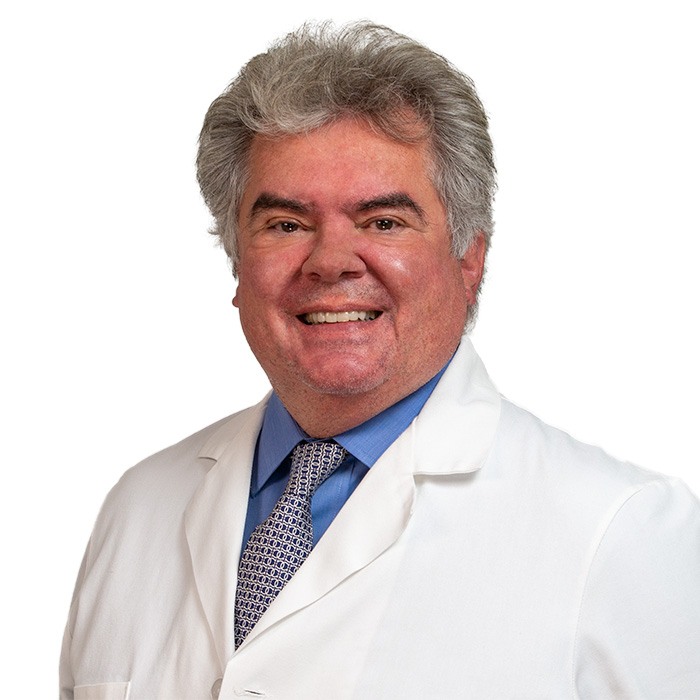Is AV node ablation and a biventricular pacemaker a good option for controlling afib?
In my mother’s case, the doctor is saying it is really the only alternative at this point, but I am concerned because of all the articles I have read warning against it for various reasons such as the permanent decision that cannot be reversed, or more so because it does not actually resolve afib and the patient may feel its recurrence and must remain on thinners. I’ve also read it can leave you feeling permanently tired because the heart no longer functions as efficiently.
In my mother’s case, she is now almost 80, has had recurrent afib which used to be a couple times a year but has recently been more frequent and the last time could not be corrected after three tries the first night, but reset with cardioversion and meds the next day. She has also already had two ablation surgeries in the past 3 years. Each time it eliminated the afib for almost a year, but it of course came back with a higher frequency. After a recurrence twice in the last month, the doctors are now telling her AV node ablation and pacemaker are her only next option since previous ablation and meds are not working. What are your thoughts on her situation and on AV node ablation/ pacemaker in general.Thanks.
Submitted by Nick from St. Louis, Missouri on 08/24/2014

If 2 AF ablation procedures have failed to keep normal rhythm, the likelihood for cure is minimal, so rate control and stroke prevention are essential. (Blood thinners are the best option.)
If rate control can not be achieved by drugs, ablation of the AV conduction system and pacemaker implant is the best, next alternative. That does not eliminate AF, but rather only the symptoms due to a too fast heart rate. Anticoagulation should continue and a pacemaker is needed.

.svg)


